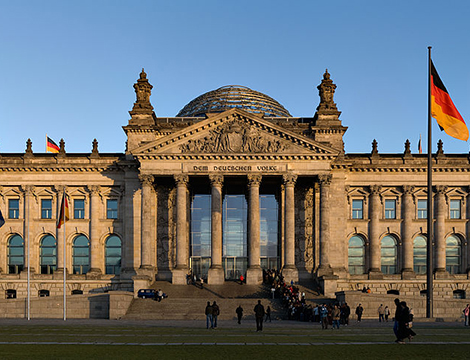
This article was originally published by Carnegie Europe on 7 June 2016.
The German government will soon publish a new defense white paper, a strategy document setting out guidelines for German defense policy, the first since 2006.
This paper has already received some attention abroad, mainly in the UK in the context of the country’s referendum on EU membership on June 23, due to extensive press coverage of Germany’s alleged ambition to build an “EU army.” However, the improbable rhetorical aim of a European defense union obscures the more interesting aspects of Germany’s evolving defense policy and its growing significance for European defense.
Germany has long had difficult debates about its military role in European and global security, going back to the Social Democratic–Green government’s support for the NATO intervention in Kosovo in 1999. Germany’s military contributions since then have fluctuated from strong support for the International Security Assistance Force (ISAF) mission in Afghanistan during the 2000s to its abstention from the UN Security Council resolution preceding NATO’s military intervention in Libya in 2011.
